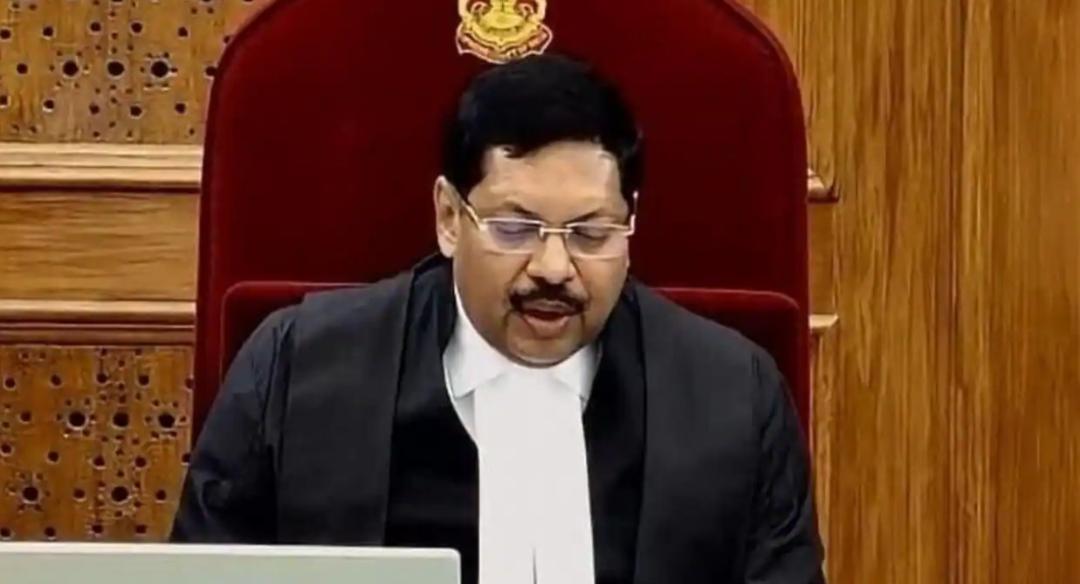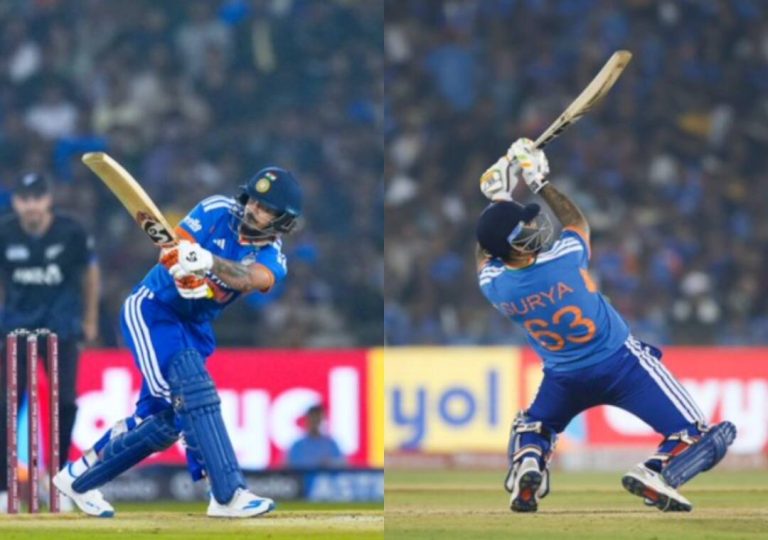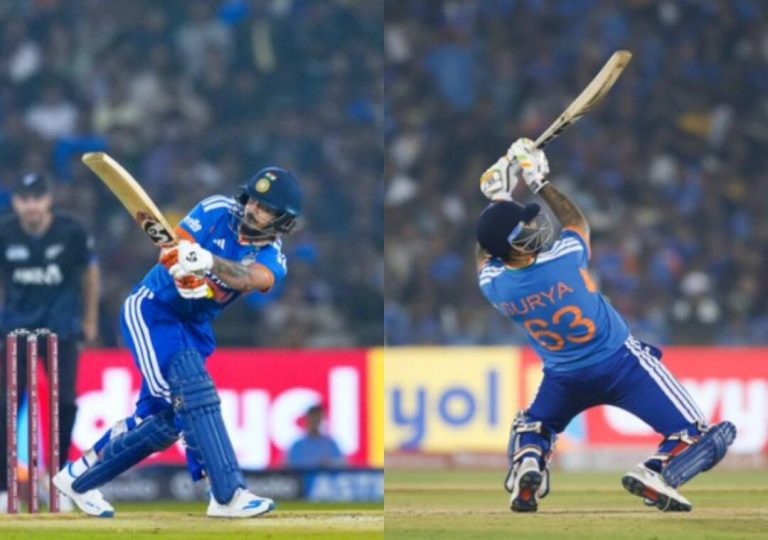
Passing ‘bulldozer order’ was my most important one: CJI Gavai
As the tenure of Chief Justice of India (CJI) BR Gavai comes to an end, he has reflected on his time in office and highlighted one particular judgment that he considers to be the most significant of his career. In a recent statement, CJI Gavai revealed that his judgment against “bulldozer justice” was the most important one he has passed during his time as the head of the Indian judiciary. This statement has shed light on the CJI’s stance on the controversial issue of demolishing houses of individuals accused or convicted of crimes, and has sparked a wider debate on the role of the judiciary in protecting human rights.
The concept of “bulldozer justice” refers to the practice of demolishing the houses of individuals who have been accused or convicted of crimes, often as a form of punishment or retribution. This practice has been criticized by human rights activists and lawyers, who argue that it is a violation of the right to housing and the principle of innocent until proven guilty. CJI Gavai’s judgment on this issue has been seen as a significant milestone in the fight against this practice, and has been hailed as a victory for human rights in India.
According to CJI Gavai, the judgment against “bulldozer justice” was a crucial one, as it highlighted the need to protect the rights of individuals who are accused or convicted of crimes. “How can a house be demolished just because a person is accused of a crime or convicted of it?” he asked, emphasizing the importance of upholding the rule of law and protecting the rights of all individuals, regardless of their circumstances. This statement reflects the CJI’s commitment to ensuring that the judiciary plays a proactive role in protecting human rights and promoting justice in India.
The judgment passed by CJI Gavai on this issue has significant implications for the Indian justice system. By ruling against the practice of “bulldozer justice”, the CJI has sent a strong message that the judiciary will not tolerate violations of human rights, and that the rights of all individuals will be protected. This judgment has also highlighted the need for the government and law enforcement agencies to ensure that they are acting in accordance with the law, and that they are not violating the rights of individuals.
As CJI Gavai prepares to retire on November 23, his legacy as a champion of human rights and justice will be remembered for years to come. His judgment against “bulldozer justice” will be seen as a landmark decision, one that has helped to promote justice and protect the rights of individuals in India. The incoming CJI, Justice Surya Kant, will have big shoes to fill, but it is hoped that he will continue the tradition of upholding human rights and promoting justice in India.
In recent years, the issue of “bulldozer justice” has gained significant attention in India, with many cases of houses being demolished as a form of punishment or retribution. This practice has been criticized by human rights activists and lawyers, who argue that it is a violation of the right to housing and the principle of innocent until proven guilty. The judgment passed by CJI Gavai on this issue has helped to bring attention to this issue, and has highlighted the need for the government and law enforcement agencies to ensure that they are acting in accordance with the law.
The role of the judiciary in protecting human rights is a critical one, and CJI Gavai’s judgment against “bulldozer justice” has demonstrated the importance of the judiciary in promoting justice and protecting the rights of individuals. The judiciary has a responsibility to ensure that the government and law enforcement agencies are acting in accordance with the law, and that the rights of individuals are being protected. By passing judgments such as the one against “bulldozer justice”, the judiciary can help to promote justice and protect the rights of individuals, and can play a proactive role in shaping the direction of the country.
In conclusion, CJI Gavai’s judgment against “bulldozer justice” is a significant milestone in the fight against human rights violations in India. The judgment has highlighted the need to protect the rights of individuals who are accused or convicted of crimes, and has sent a strong message that the judiciary will not tolerate violations of human rights. As CJI Gavai prepares to retire, his legacy as a champion of human rights and justice will be remembered for years to come, and his judgment against “bulldozer justice” will be seen as a landmark decision that has helped to promote justice and protect the rights of individuals in India.
News Source: https://www.newsbytesapp.com/news/india/order-against-bulldozer-justice-was-my-most-important-cji-gavai/story






